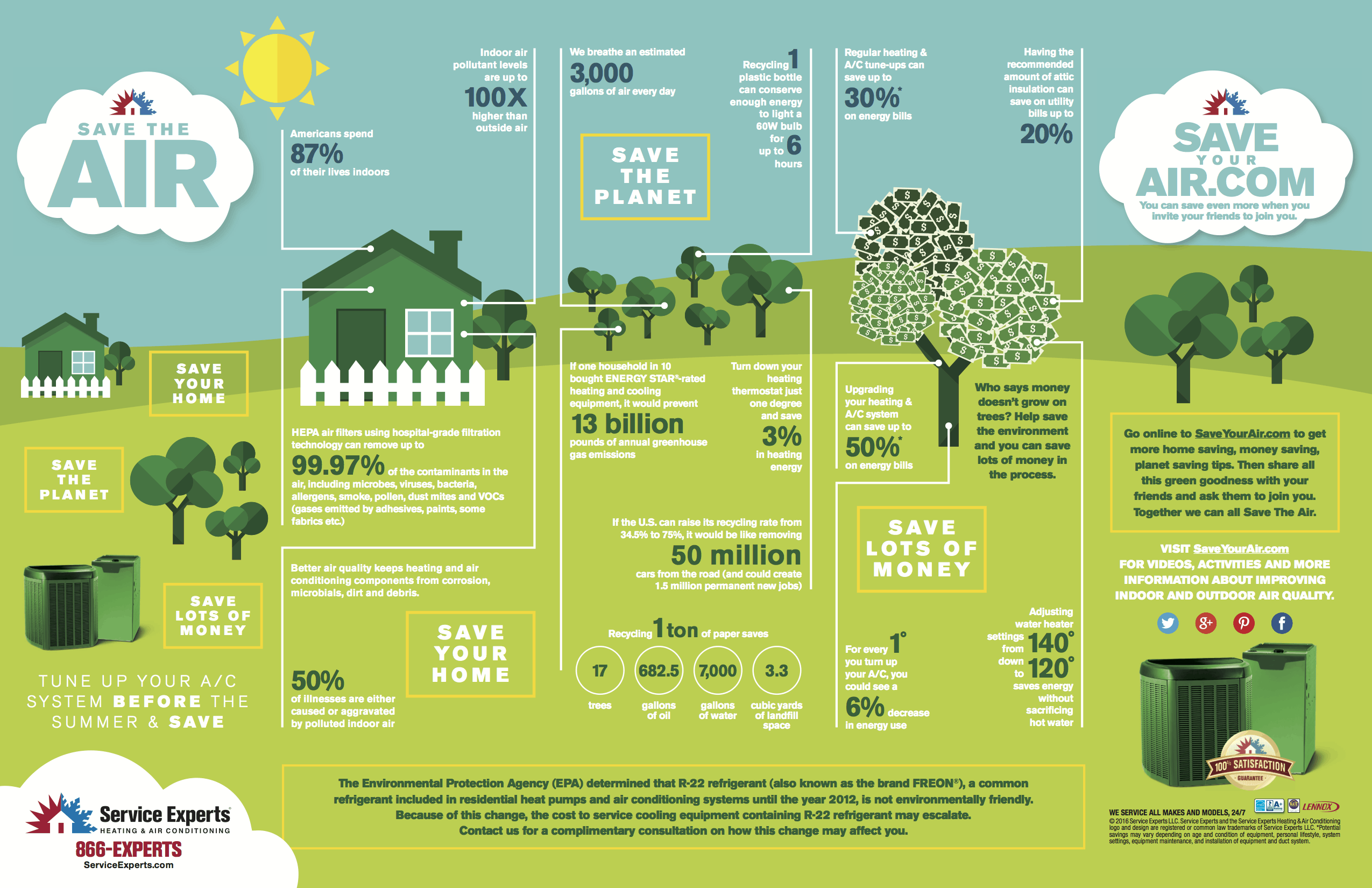Figure Out Just How To Enhance The Efficiency And Life-Span Of Your Heatpump System By Staying Clear Of Basic Installation Errors
Figure Out Just How To Enhance The Efficiency And Life-Span Of Your Heatpump System By Staying Clear Of Basic Installation Errors
Blog Article
Developed By-Garrison Sparks
When setting up a heat pump, you should avoid usual blunders that could endanger its effectiveness. Neglecting proper sizing may lead to inadequacies and greater utility costs. Disregarding insulation and sealing could lead to energy waste and strain on the unit. Additionally, placing the exterior unit incorrectly may affect its performance. By preventing these errors, you can guarantee optimum working and toughness of your heatpump system.
Improper Sizing of Heatpump
When it involves the installment of heat pumps, one of one of the most common blunders is incorrectly sizing the unit for your area. Ensuring the right dimension is critical for ideal performance. If the heat pump is also small, it will battle to warm or cool your space effectively, bring about enhanced energy expenses and potential deterioration on the device.
On the other hand, if the heat pump is too huge, it will cycle on and off often, triggering temperature variations and minimizing its life-span.
To avoid this blunder, it's necessary to have a specialist assess your room and suggest the suitable dimension of the heat pump based upon factors like square video, insulation, ceiling height, and neighborhood environment. By spending the moment and initiative to guarantee the appropriate sizing, you can enjoy a comfy setting while maximizing energy efficiency and prolonging the lifespan of your heat pump.
Inadequate Insulation and Sealing
To make certain the efficient operation of your heat pump, it's important to attend to insufficient insulation and securing in your area. Correct insulation helps preserve a regular temperature inside your home, minimizing the workload on your heat pump. Inadequate insulation can cause energy loss, making your heatpump job harder and much less effectively.
Securing any kind of voids or leakages in your space is similarly important. These voids permit conditioned air to escape and outside air to permeate in, compeling your heat pump to make up for the temperature variations.
Incorrect Placement of Outdoor Device
Resolving the positioning of your heatpump's outside unit is crucial to maximizing its efficiency. Setting up dc installation in a wrong place can lead to efficiency problems and prospective damage to the unit.
One typical blunder to prevent is putting the outside system also near a wall or various other structures. This can restrict airflow, causing the device to work tougher to heat or cool your area, inevitably minimizing its efficiency and life-span.
An additional error to steer clear of is placing the outdoor unit in direct sunshine. While some sunlight is unavoidable, too much exposure can lead to getting too hot, specifically throughout hot summertime days. It's best to position the outside system in a shaded location to help maintain its optimal operating temperature level.
Furthermore, ensure that the exterior unit is placed on a stable and degree surface area. Unequal ground can cause resonances and unneeded strain on the system, impacting its efficiency with time.
Final thought
To conclude, avoiding usual mistakes throughout heatpump setup is crucial for taking full advantage of performance and long life of your system. By guaranteeing correct sizing, sufficient insulation, sealing, and right placement of the outside unit, you can avoid problems such as inadequacies, boosted power expenses, and pressure on the system. Taking https://costofcleaningguttersandd60594.blogdal.com/31604600/standards-for-picking-the-perfect-heat-pump-repair-service-service-important-inquiries-to-make to attend to these crucial factors will inevitably save you time and money in the long run.
